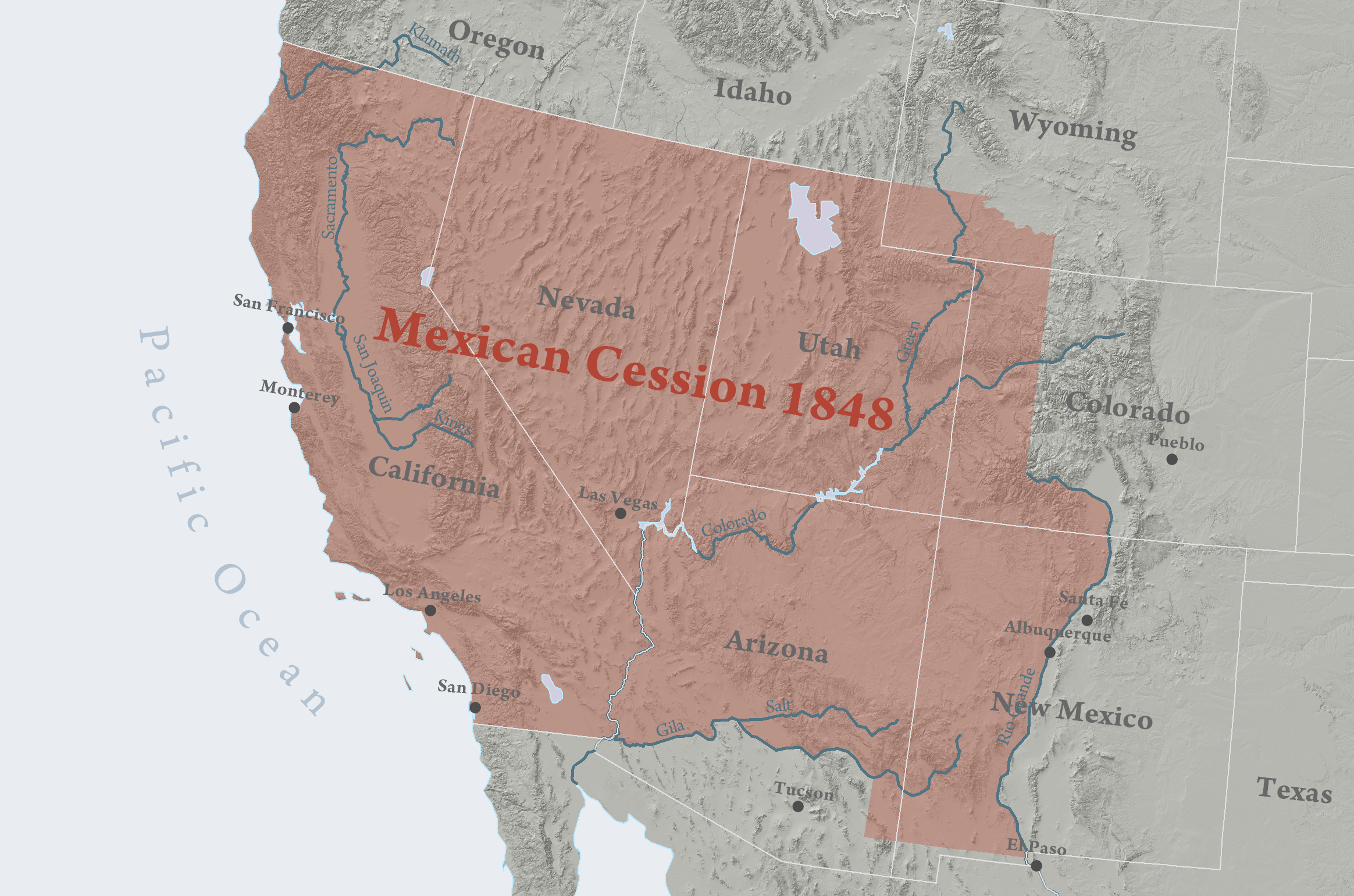Couldn't have said it better myself, Ralphie Boy. Gotta do what you gotta do to get what you want.
Hey, but what about the babies of immigrants? While we're chatting, what is the correct interpretation of the 14th amendment? You know, with almost a century and a half of hindsight, what did they really mean? George Will knows:
Sen. Lyman Trumbull of Illinois was, Graglia writes, one of two "principal authors of the citizenship clauses in 1866 act and the 14th Amendment." He said that "subject to the jurisdiction of the United States" meant subject to its "complete" jurisdiction, meaning "not owing allegiance to anybody else." Hence children whose Indian parents had tribal allegiances were excluded from birthright citizenship.
Appropriately, in 1884 the Supreme Court held that children born to Indian parents were not born "subject to" U.S. jurisdiction because, among other reasons, the person so born could not change his status by his "own will without the action or assent of the United States." And "no one can become a citizen of a nation without its consent." Graglia says this decision "seemed to establish" that U.S. citizenship is "a consensual relation, requiring the consent of the United States." So: "This would clearly settle the question of birthright citizenship for children of illegal aliens. There cannot be a more total or forceful denial of consent to a person's citizenship than to make the source of that person's presence in the nation illegal."
Congress has heard testimony estimating that more than two-thirds of all births in Los Angeles public hospitals, and more than half of all births in that city, and nearly 10 percent of all births in the nation in recent years, have been to mothers who are here illegally. Graglia seems to establish that there is no constitutional impediment to Congress ending the granting of birthright citizenship to those whose presence here is "not only without the government's consent but in violation of its law."Los Angeles hospitals are full of criminals, get em'! What about the children of violent criminals, George? Can we take anything from them? Remember, this isn't so much about our laws, it's about the unwarranted suckling from America's teat —we won't stand for it!
Do recall: you can't rebel against the state, and still be in good standing with the state — the 14th amendment is clear about this (it's right after it says only 21 year old males can vote). No more separatists, no more revolutions — change will only come from within the well-rigged system —no creating new states! Remember, the state looks to legitimize and preserve itself in whatever it does, and it does not want competition.
Ole' # 14 is just another way of saying something my father absolutely loved to say when resolving disputes, "My house, my rules. My way or the highway." But wait, my 13 year old head considered for a moment... what highway? I can't go anywhere, the state would round me up and send me back here. What is this or you speak of?
I assume G. Will doesn't mention that name of the Supreme Court case he's quoting from — Elk v Wilkins (1884) — because anyone who uses this case to support their views on the rights of citizenship risks exposing their unabashed loathing of the politically weak outsider looking in.
Here's how the case went: John Elk, a Native American, was born on the reservation. One day, he renounces his "tribal allegiance" and moves to Nebraska. He's now off the reservation — fuck, that was not supposed to happen. Charles Wilkins takes the stage to show Mr. Elk who is running things. Elk enters the voting registrar's office (Wilkins' office) in Omaha to do what people do in registrar's offices. As he came through the front door, members of the secretarial staff quoted Wilkins as having said, "look at this fuckin guy." No, you can't vote in the United States, the Court ruled — you. are. an. Indian. Go back to where they came from (said with or without a sense of irony). Just as Will recommends we say to children of illegals — your. parents. aren't. from. here. Go back to where they came from (again, with or without a sense of irony as related to military conquest of Mexico, taking Texas, California and the places in between).
What is this "consensual relationship"? There certainly is no negotation. The state lays the rules, abide or do not abide, there will be consequences.

No comments:
Post a Comment